













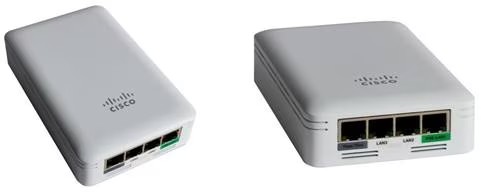
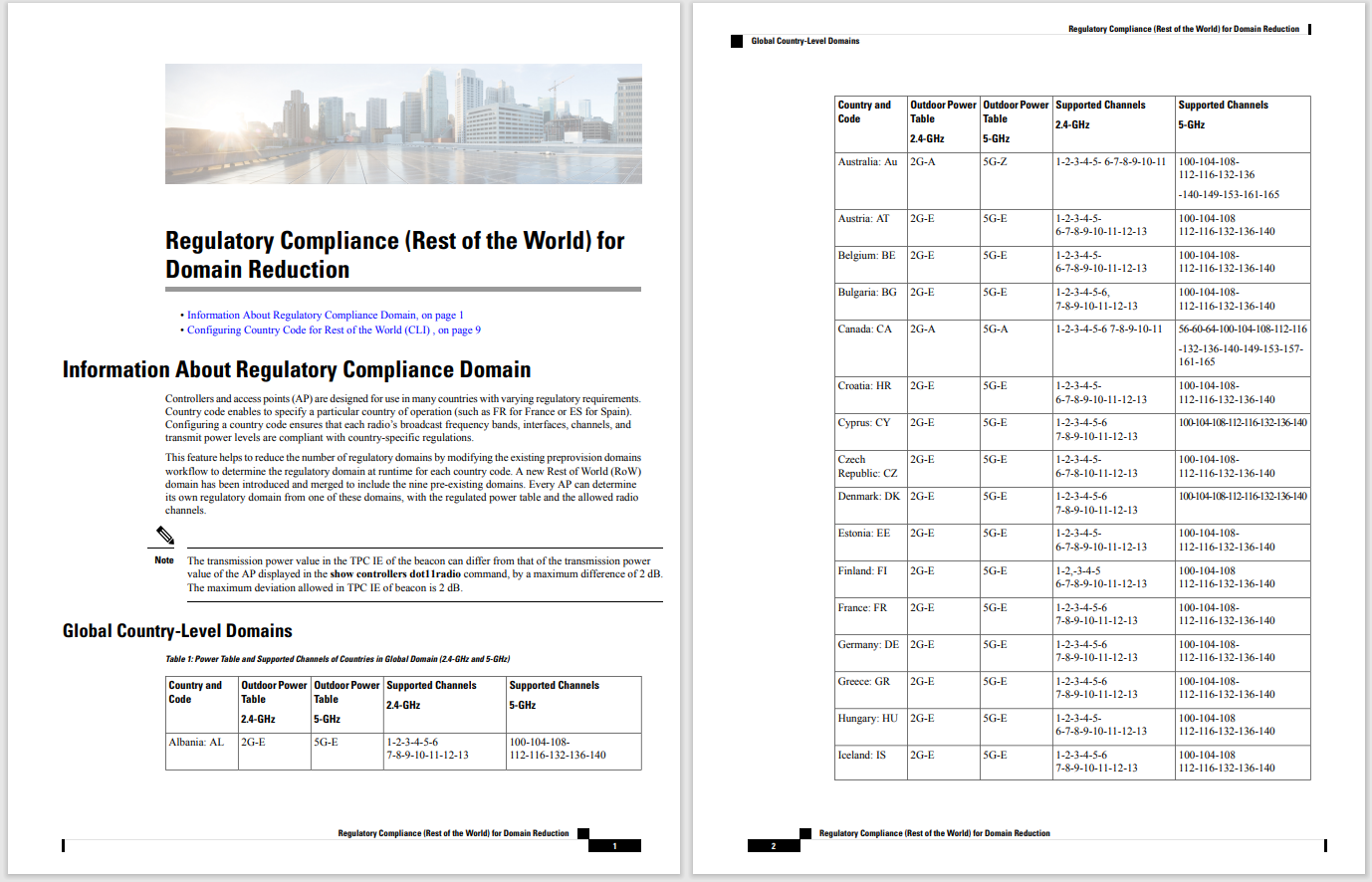
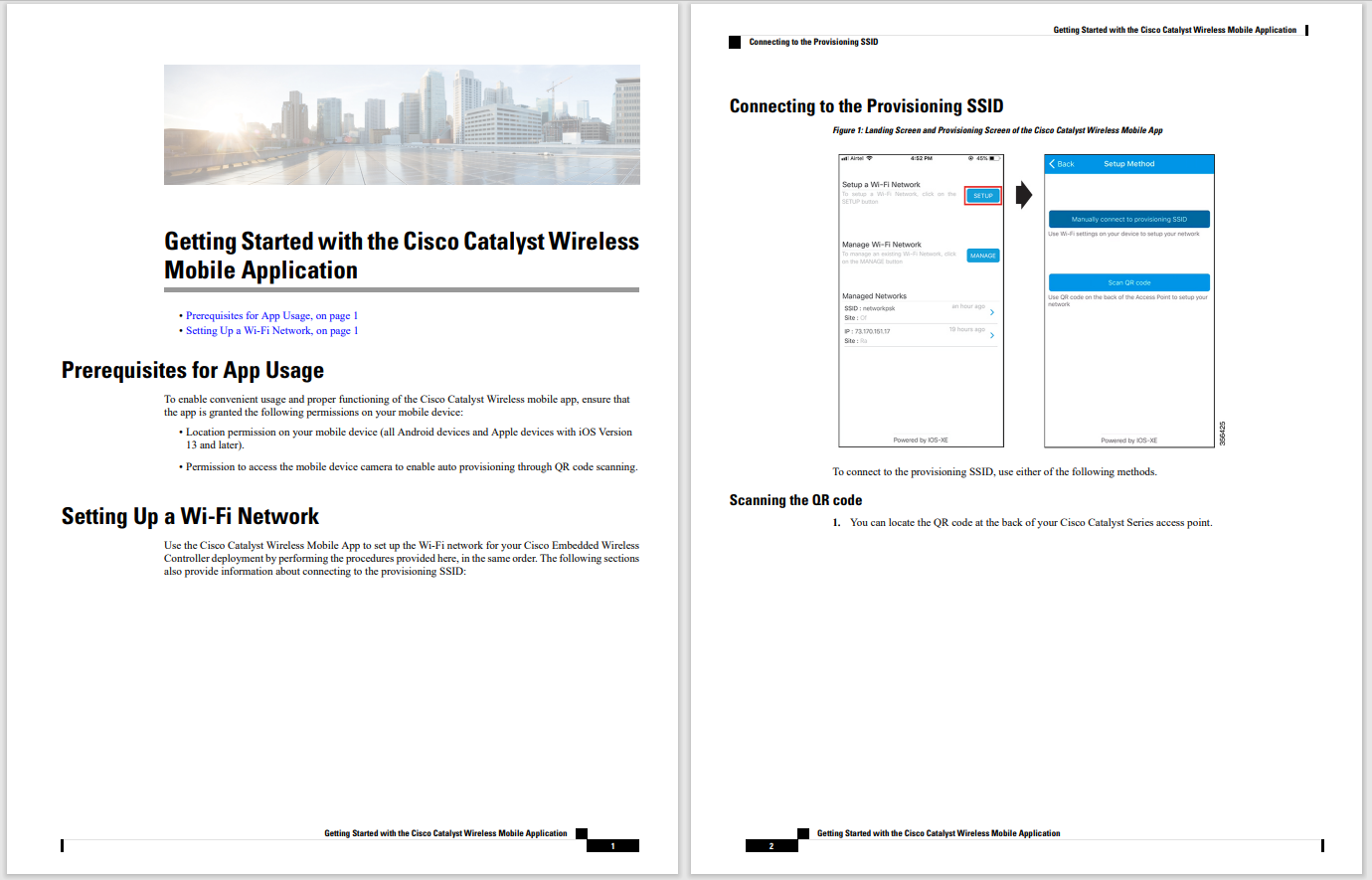
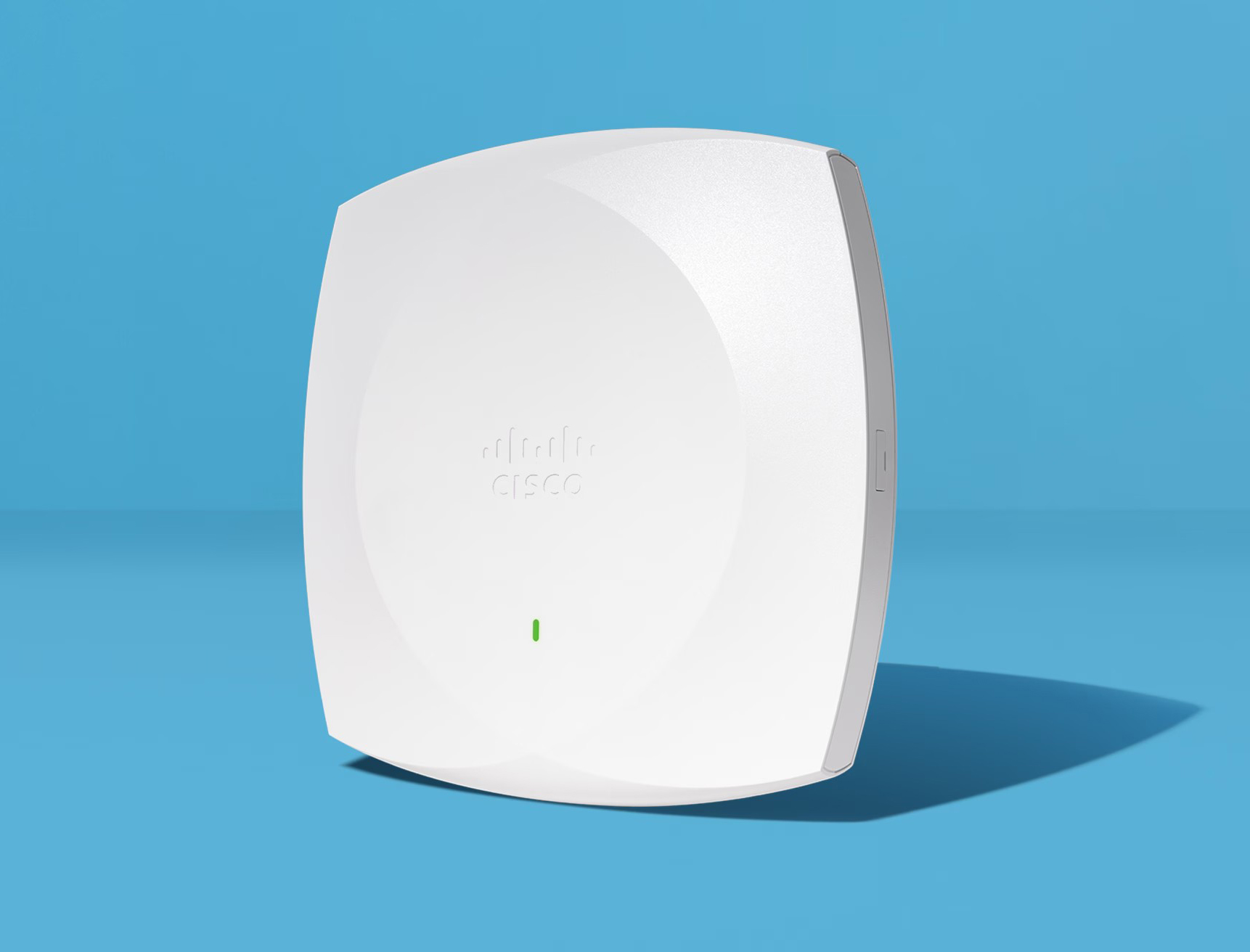
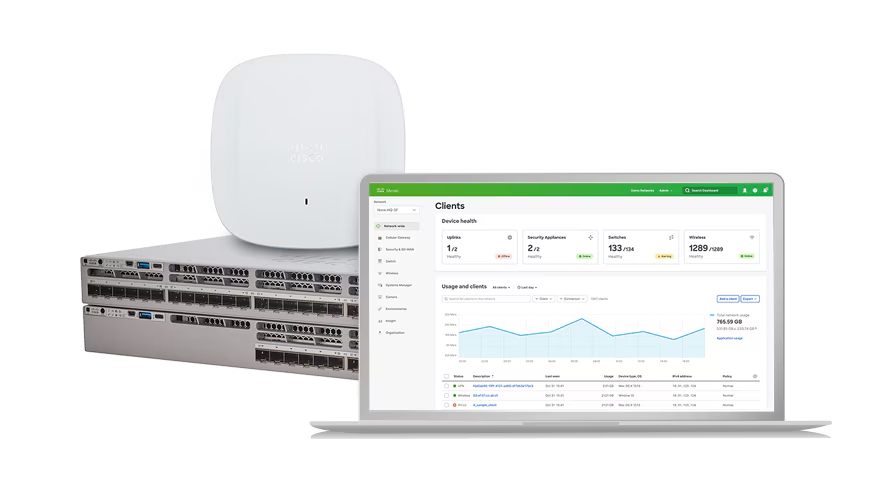
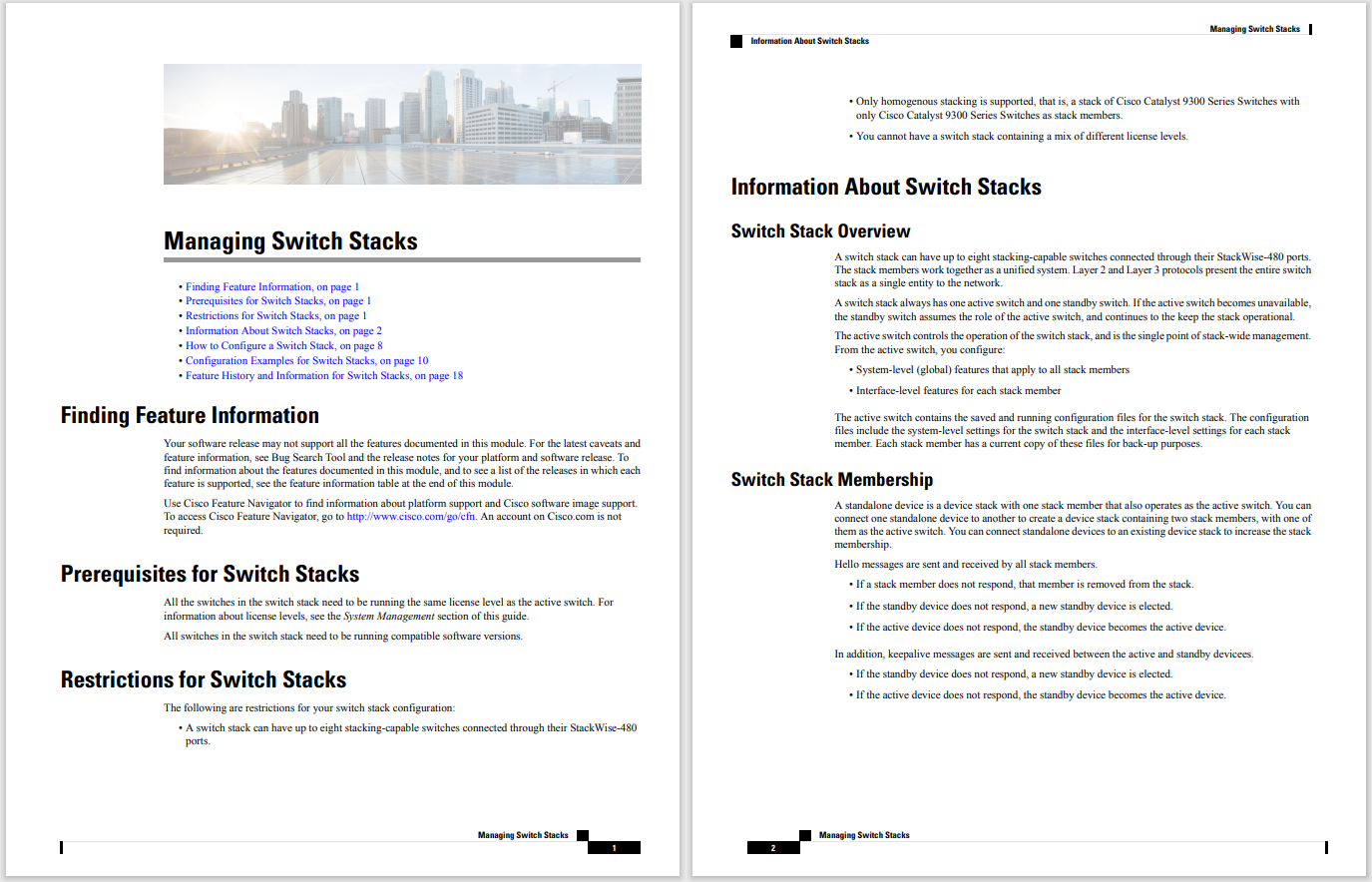
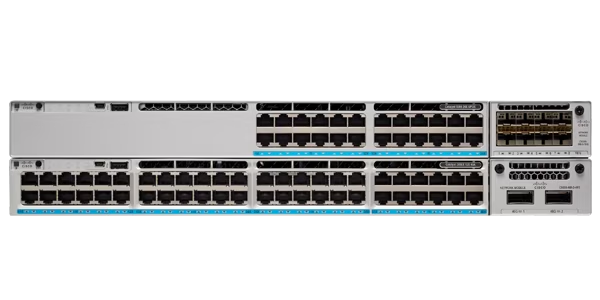
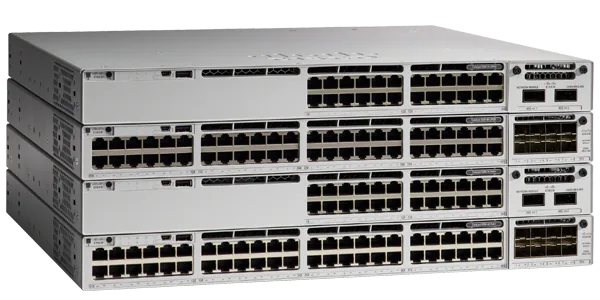


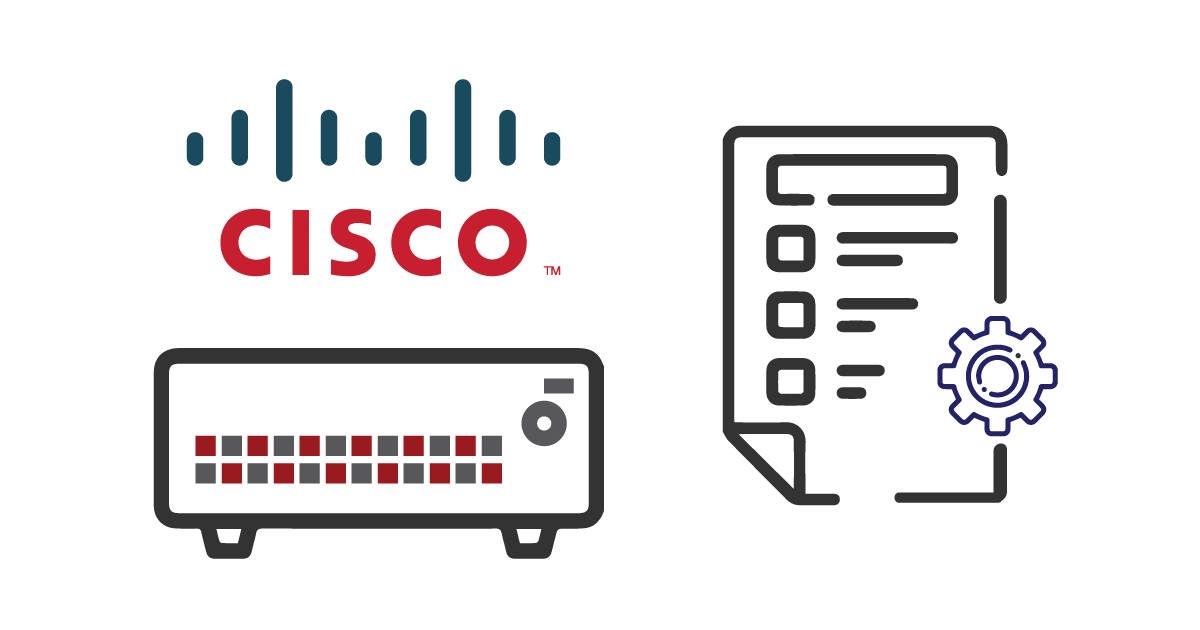

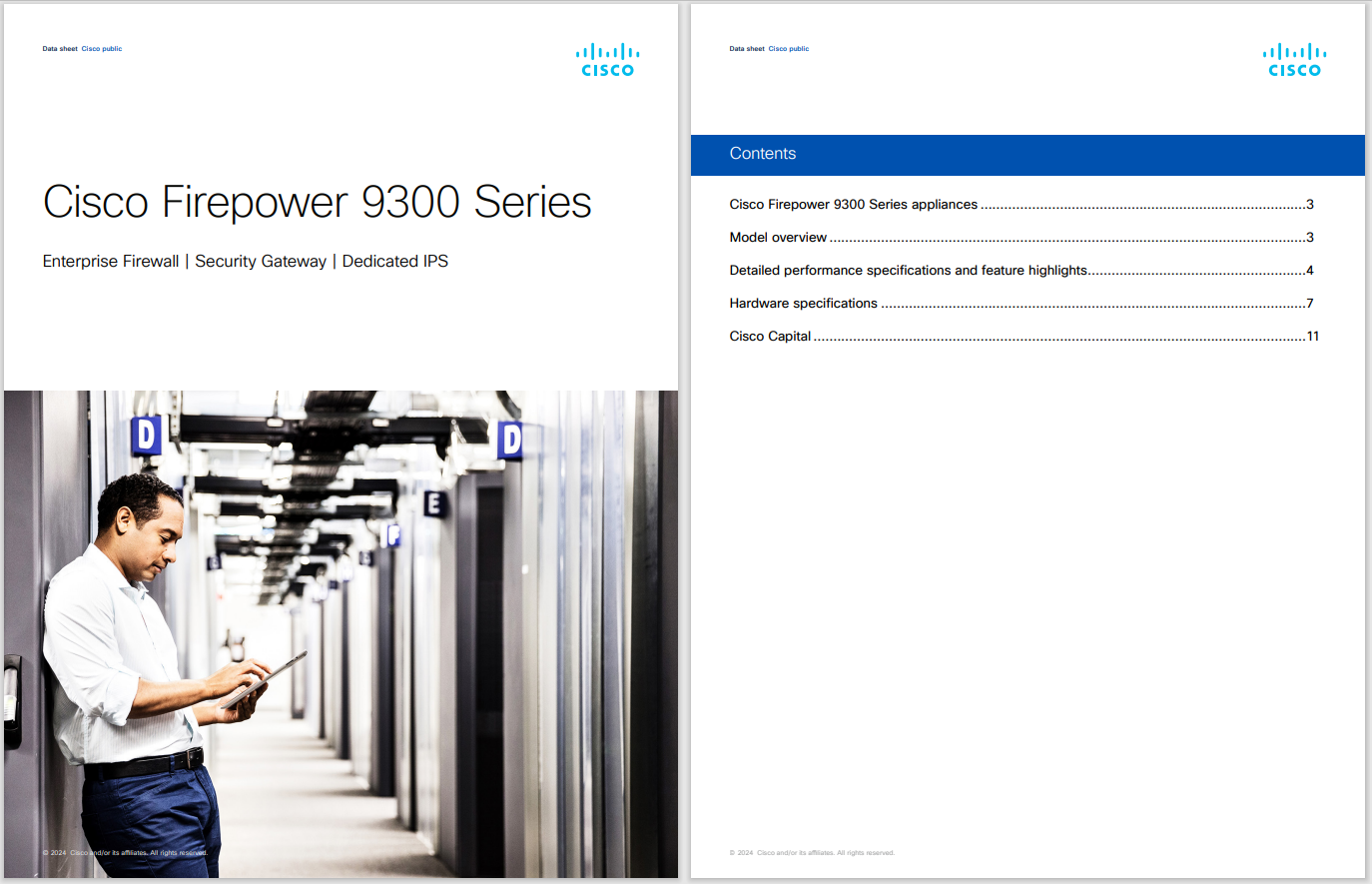
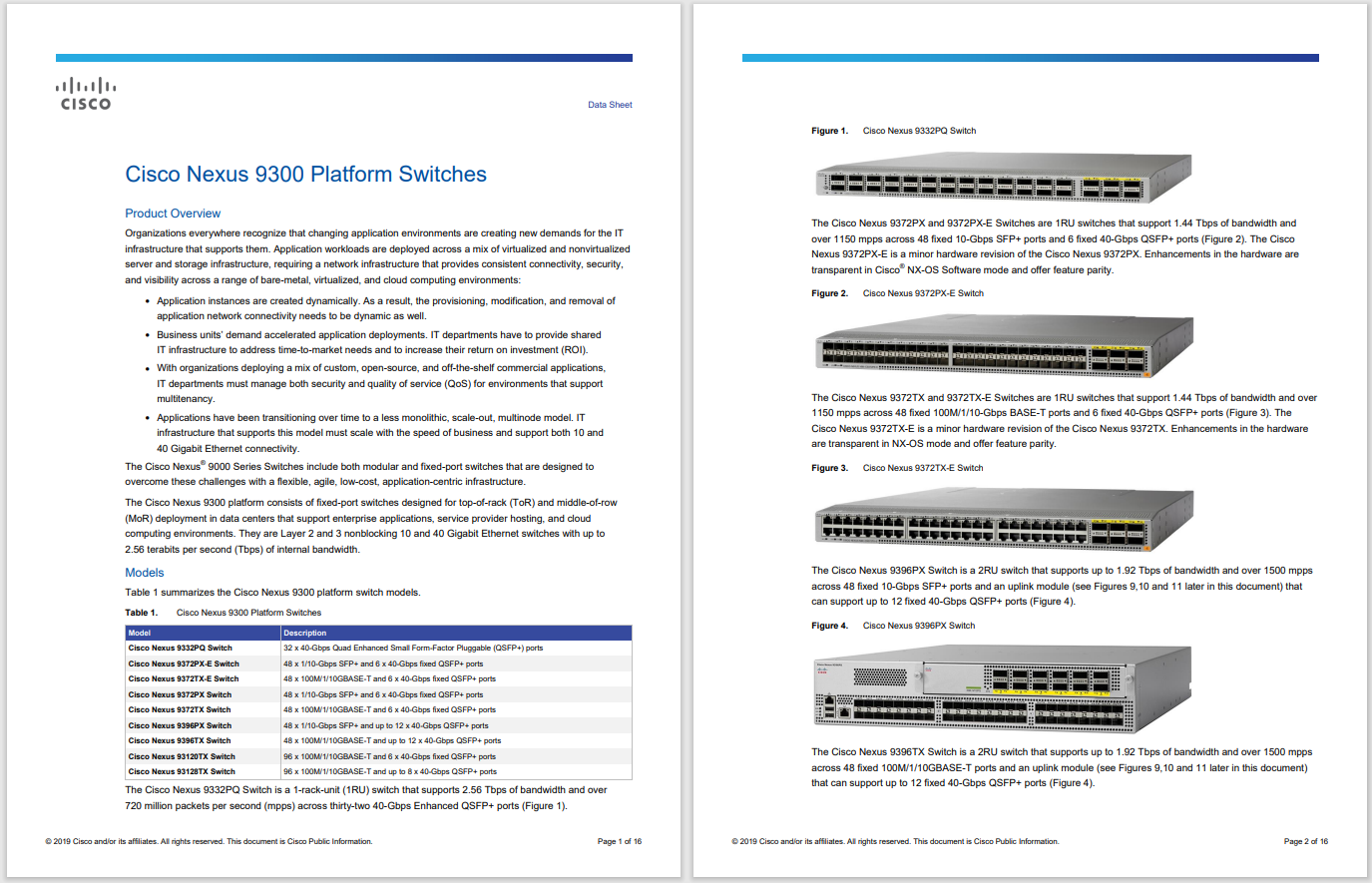

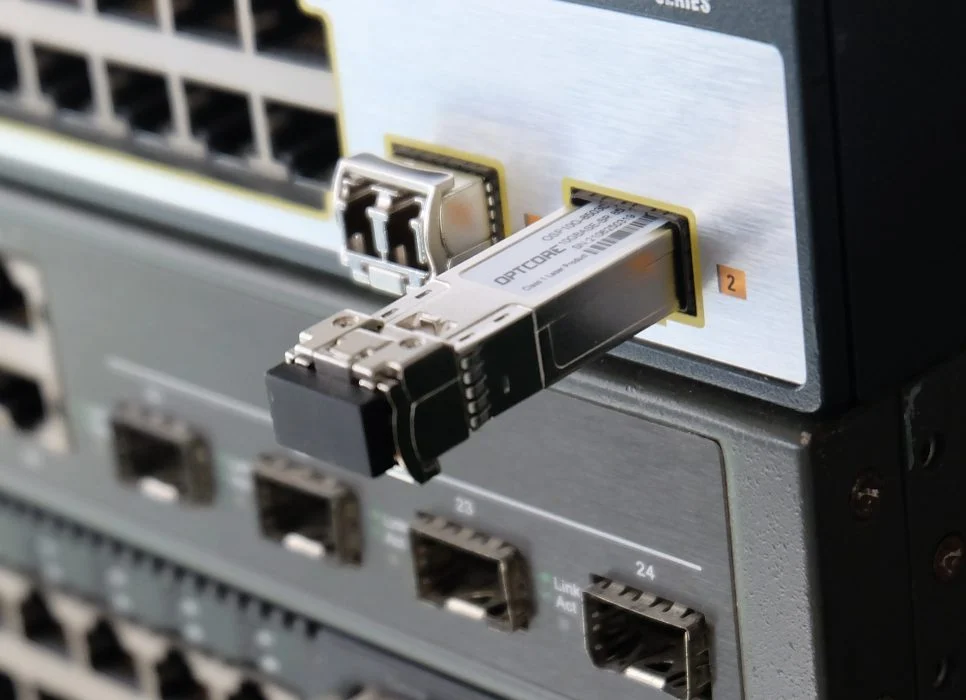


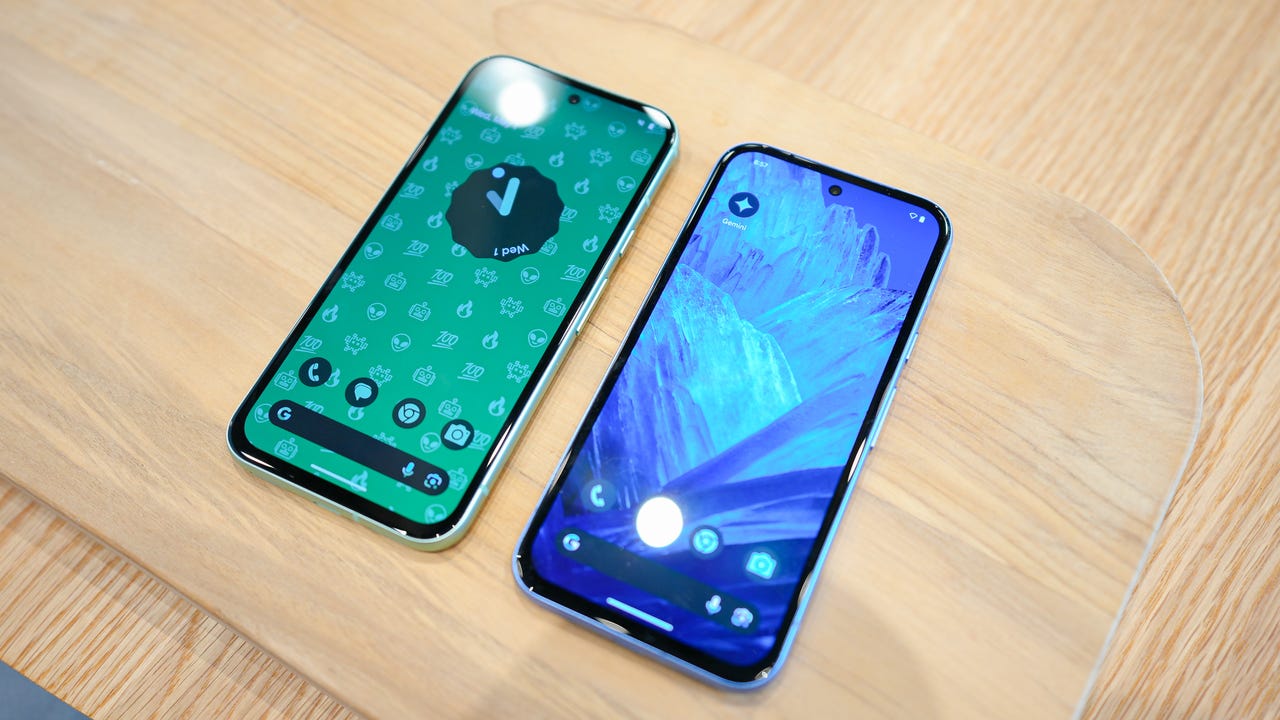
The Pixel A series has emerged as one of the best value-for-your-money smartphone options on the market, packing features that are usually reserved for flagships that cost hundreds of dollars more. The newPixel 8a is officially here and, as expected, has a lot to offer.
Also: Google Pixel 8a hands-on: 3 features make this my favorite$499 phone today
The Pixel 8a improves on the Pixel 7a in several ways, including a brighter, more vivid display, AI features, an upgraded processor for faster performance, and more. The question is: are these upgrades right for you?
There are enough notable differences between the two, so it all boils down to your needs and preferences. I've broken them down below.
Google Pixel 7a | Google Pixel 8a | |
| Price | $499 (128GB) | $499 (128GB),$549 (256GB) |
| Display | 6.1-inch | 6.1-inch |
| Resolution | 1080x2400 | 1080x2400 |
| Refresh rate | 90Hz | 120Hz |
| Chip | Google Tensor G2 | Google Tensor G3 |
| Rear camera | 64MP Quad PD wide camera, 13MP ultrawide camera | 64MP Quad PD wide camera, 13MP ultrawide camera, Super Res Zoom up to 8x |
RAM/ Storage | 8GB RAM / 128GB storage | 8GB RAM / 128GB storage |
| Battery | 4,385mAh | 4,492mAh |
| Water and dust resistance | IP67 | IP67 |
Refresh rate, or how many times a device refreshes the screen in a second, is a big thing in the world of TVs, but does it really matter for cell phones? In years past, it might not have meant as much, but with today's phones being gaming and content hubs as well, it's important. The Pixel 7a has a refresh rate of 90Hz, but the 8a upgrades that to a 120Hz panel, in line with the premium Pixel 8 Pro.
Also: When is Google I/O 2024 and what to expect: Android 15, Gemini, Wear OS, and more
This means fast-paced games or movies should have clearer images and less motion blur. If your phone is primarily a phone or a social media scrolling device, you might not notice this upgrade, but if you use your phone for games or movies, you'll appreciate the increased refresh rate.
The Pixel 7a shipped with Google's previous-generation processor, the Tensor G2, while the Pixel 8a has Google's newest chip, the Tensor G3. What's the difference? Aside from being faster, Google says, the G3 uses the latest generation of ARM CPUs, an upgraded GPU, a new ISP, and more. The new chip also improves the performance of the device's AI features, including Magic Editor and Audio Magic Eraser.
If you plan on keeping your phone for a while, the Pixel 8a is the easy choice. The Pixel 8a comes with seven years of operating system upgrades from Google, meaning your phone will be secure and feature-rich for a long time. In addition, there's now a 256GB storage option if you want to make sure you have room for all of your photos, apps, and other things. Google only offers the Pixel 7a with 128GB of storage, which many people may discover is not enough. If you like to upgrade phones every other year or two, this won't mean much, but if this will be your phone for a long time, go with the Pixel 8a.
At this moment, the prices of the Pixel 7a and the Pixel 8a are identical. The Pixel 7a frequently goes on sale at various retailers, however, and can often be had for as low as$349. With the release of the Pixel 8a, you can expect those sales to be deeper and more frequent. The Pixel A series is already a budget-conscious option, but if you want to save even more money, look to last year's Pixel 7a for a rock-bottom price that still gets you an impressive phone.
Can you live with fewer AI features on your phone? The Pixel 8a has its advantages, but that doesn't mean it's right for everyone. The Pixel 7a is a great phone, offering what people have come to expect from Google phones: an above-average camera, call screening, Now Playing to identify songs that are playing, and more. If you're just looking for a more basic phone, or you're new to the Google ecosystem and want to test things out, it might be best to start with the Pixel 7a.
 Hot Tags :
Tech
Smartphones
Hot Tags :
Tech
Smartphones